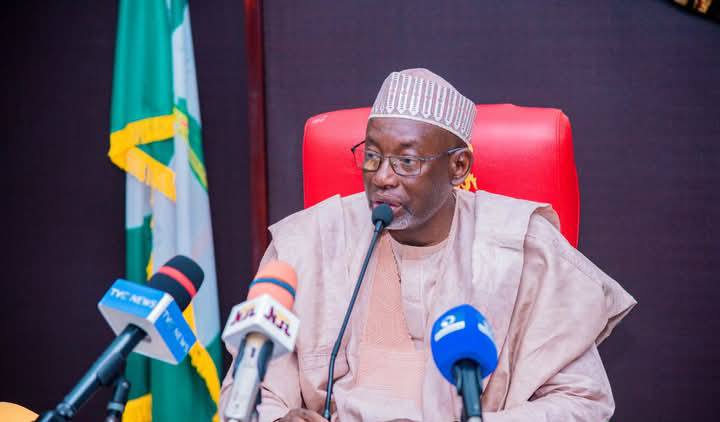The Jigawa State Government, under the leadership of Governor Umar Namadi, has unveiled an ambitious healthcare initiative focused on providing free essential drugs to patients suffering from diabetes, hypertension, and sickle cell disease. This program, designed to alleviate the financial burden of healthcare on low-income individuals and families, represents a significant step towards improving the health and well-being of Jigawa State residents. Dr. Abdullahi Muhammad Kainuwa, the State Commissioner for Health, announced this groundbreaking program, emphasizing the government’s commitment to accessible and affordable healthcare for all citizens, particularly the most vulnerable. This initiative underscores a broader strategy aimed at expanding healthcare access, upgrading infrastructure, and ensuring the availability of essential medications throughout the state.
The free drug program for diabetes, hypertension, and sickle cell disease is poised to transform the lives of thousands of individuals in Jigawa State who previously struggled to afford the necessary medications to manage their chronic conditions. By removing the financial barrier to treatment, the government aims to improve patient compliance, enhance health outcomes, and ultimately reduce mortality rates associated with these prevalent diseases. This initiative aligns with the state’s overarching development goals, recognizing that a healthy population is crucial for economic growth and social progress. The program also demonstrates the government’s commitment to proactive healthcare interventions, addressing the needs of those most vulnerable within the community.
Beyond the free drug program, the Jigawa State Government is investing heavily in healthcare infrastructure development to ensure that residents have access to quality care. This includes the construction of a new orthopedic hospital in Gumel at a cost of N380 million, with a further N600 million allocated for procuring state-of-the-art equipment. This new facility will significantly enhance the state’s capacity to provide specialized orthopedic care, reducing the need for patients to travel outside the state for treatment. This development is a testament to the government’s commitment to providing comprehensive and accessible healthcare services to its citizens.
Furthermore, the state has completed the construction of dialysis centers in Dutse, Ringim, and Kazaure general hospitals, further expanding access to critical healthcare services. Contracts for the procurement of dialysis equipment for these hospitals are expected to be awarded before the end of the year, ensuring that these centers are fully operational and equipped to provide life-saving dialysis treatment. This initiative is especially significant given that free dialysis services are already available in Gumel and Hadejia general hospitals, demonstrating the state’s ongoing commitment to providing free, essential healthcare services.
The Jigawa State Government’s emphasis on collaboration is also evident in the joint effort with the Jigawa State Ministry for Local Government and Community Development to distribute essential drugs to vulnerable families across the state. This collaboration ensures a more targeted and efficient distribution system, reaching those in need regardless of their location or circumstances. This collaborative approach emphasizes community engagement and ensures that healthcare services are accessible even in remote areas of the state. By working together, the state government and local communities are strengthening the healthcare system and providing a safety net for those most vulnerable.
In addition to the specific initiatives mentioned, the Jigawa State government’s healthcare development plans encompass a wider range of strategies aimed at improving the overall health and well-being of its citizens. This includes expanding access to specialized care, improving healthcare infrastructure, and increasing the availability of essential drugs. These comprehensive plans demonstrate a long-term commitment to building a robust and resilient healthcare system capable of meeting the diverse needs of the population. The government’s investment in healthcare not only addresses immediate needs but also lays the foundation for a healthier and more prosperous future for Jigawa State.














